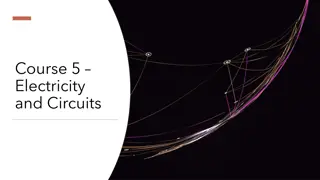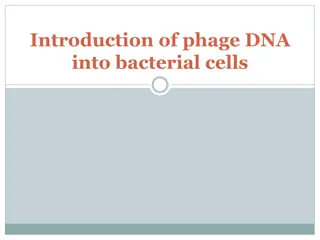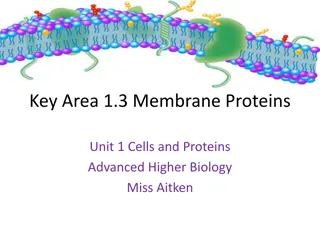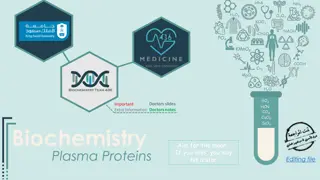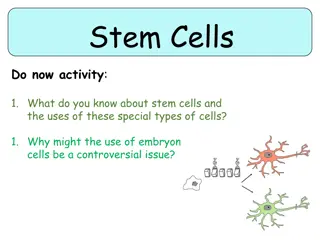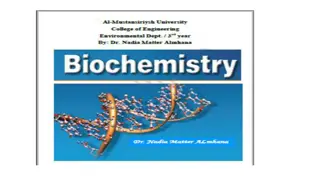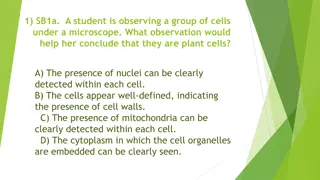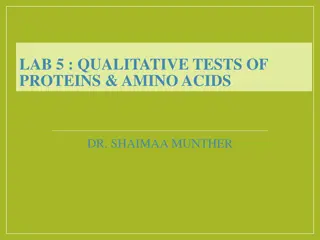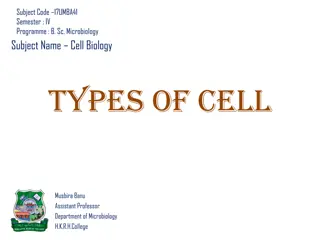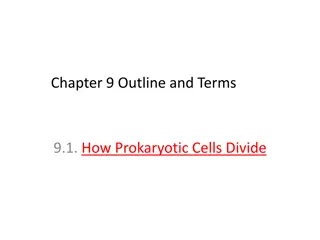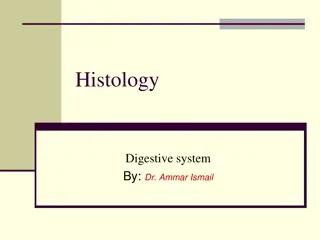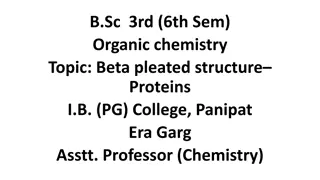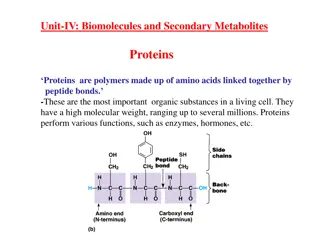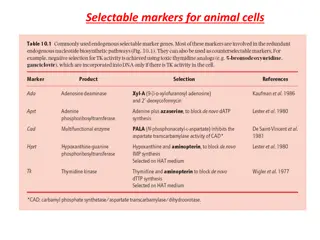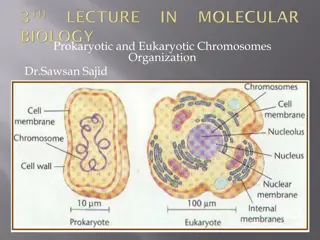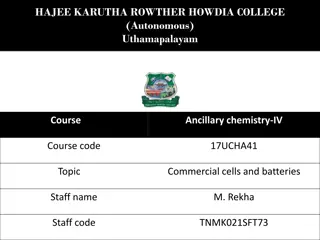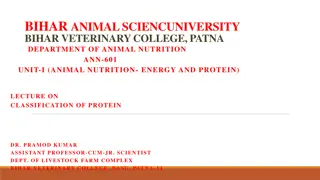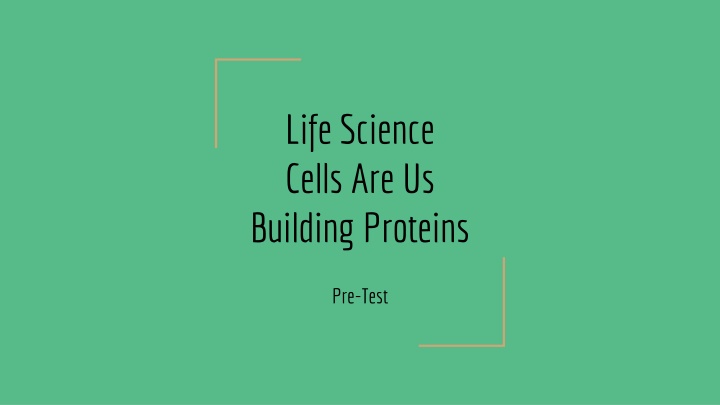
The Role of Proteins in Cellular Functions and Human Health
Proteins, vital molecules in cells, can be denatured by extreme conditions. The human body utilizes this process in various ways, such as through stomach pH for protein breakdown. Proteins play essential roles in cell membrane structure, organelle functions, and metabolic reactions in the body.
Download Presentation

Please find below an Image/Link to download the presentation.
The content on the website is provided AS IS for your information and personal use only. It may not be sold, licensed, or shared on other websites without obtaining consent from the author. If you encounter any issues during the download, it is possible that the publisher has removed the file from their server.
You are allowed to download the files provided on this website for personal or commercial use, subject to the condition that they are used lawfully. All files are the property of their respective owners.
The content on the website is provided AS IS for your information and personal use only. It may not be sold, licensed, or shared on other websites without obtaining consent from the author.
E N D
Presentation Transcript
Life Science Cells Are Us Building Proteins Pre-Test
Proteins can be denatured (unfolded) by extreme temperatures, changes in pH (acidity/alkalinity), and changes in salt concentration. Which of the following describes a way the body takes advantage of this process? A. The transmission of prion diseases like Creutzfeld-Jakob disease B. pH of blood is carefully controlled C. Protein medications cannot be administered orally D. The stomach has an extremely low pH which denatures ingested proteins so they can be broken down into amino acids
Which of the following matches the organelle with the role proteins play in its function? A. Plasma membrane - form the phospholipid bilayer B. Mitochondria - enzymes that control the Krebs cycle C. Nucleus - make up genetic material D. Cytosol - make up the gel that suspends organelles
Which of the following does NOT describe how proteins aid in the function of the cell membrane? A.They create channels for molecules that cannot pass through the lipid bilayer B. They can recognize molecules on the surface of other cells C. They can receive and transmit signals from molecules like hormones D. They are the main structure that forms the cell membrane
Which of the following describes a function of proteins in the body? A. Facilitate metabolic reactions B. Act as the primary fuel source for glycolysis C. Store genetic information D. Act as long-term storage high energy compounds



